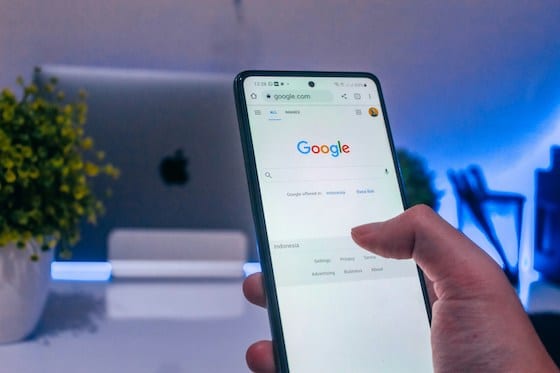Earlier this week, Yelp filed an antitrust lawsuit against Google. This is Yelp’s latest move in a longstanding battle against Google’s practices. The suit alleges that Google used monopoly positioning to prevent competition and dominate local search and ad markets (read the complaint in full here).
Similar to other state and private-sector litigation against Google, Yelp’s lawsuit claims that Google limits consumer choice and degrades search results by using its platform power to preference its own content. A key hook for Yelp’s case is the claim that these search results are inferior to those they displace.
The thinking from Yelp is that the latter defines its content and listings. It believes its pages (e.g., profile page for a given business on Yelp) are more extensive and valuable to searchers than the Google results that are often granted higher rankings. That goes for both category and business name searches.
Tailwinds
But the key piece of all of this, as with any antitrust legislation, isn’t just monopoly status, but to demonstrate that such positioning is used to stifle competition. So Yelp will have several pieces of that argument to bring forward – from the self-preferencing to the inferiority of up-ranked content.
In doing so, Yelp will have some tailwinds from the U.S. federal court ruling earlier this month that Google has violated U.S. antitrust law. This gives Yelp some ammunition and precedent on which to build its case. That explains the timing for this suit… which again follows years of battling Google on this front.
Google’s reaction focused on past rulings, saying in a statement, “Yelp’s claims are not new. Similar claims were thrown out years ago by the FTC (Federal Trade Commission), and recently by the judge in the DOJ’s (Department of Justice’s) case. On the other aspects of the decision to which Yelp refers, we are appealing. Google will vigorously defend against Yelp’s meritless claims.”
More Color
As for Yelp’s official position, we received two statements below from General Counsel Aaron Schur. The first addresses the suit overall and the second responds to the above Google statement. You can also read the full complaint here, and more color from Yelp Co-founder Jeremy Stoppelman in his blog post.
Yelp’s Official Position
Yelp’s antitrust lawsuit against Google addresses how Google abuses its illegal monopoly in general search to engage in anticompetitive conduct, including self-preferencing its own inferior local product, to dominate the local search and local search advertising markets. For years, Google has leveraged its monopoly in general search to pad its own bottom line at the expense of what’s best for consumers, innovation, and fair competition. By willfully engaging in exclusionary, anticompetitive conduct, Google has driven traffic and revenue away from competitors, made it harder for them to scale, and increased their costs, while degrading consumer choice, to grow its own market power.
Judge Amit Mehta’s recent ruling in the government’s antitrust case against Google, finding Google illegally maintained its monopoly in general search, is a watershed moment in antitrust law, and provides a strong foundation for Yelp’s case against Google. In addition to injunctive relief, Yelp seeks a remedy that ensures Google can no longer self-preference in local search. The harms caused by Google’s self-preferencing are not unique to Yelp, and we look forward to telling our story in court.
– Yelp General Counsel Aaron Schur
Response to Google’s statement
Google’s statement is misleading. Yelp’s claims have never been pursued in court, let alone thrown out. In 2023, in the government’s antitrust case, Judge Mehta ruled there was a lack of evidence that Google’s degradation of specialized vertical providers, like Yelp, had an anticompetitive effect in general search — but Yelp is not a competitor in the general search market. Yelp’s complaint explains how Google harms competition in the local search and local search advertising markets, including through self-preferencing its own lower-quality offerings and exclusive billion-dollar deals with web browsers and device makers.
The FTC’s 2011 investigation focused on Google’s anticompetitive conduct in different search verticals. The FTC closed its inquiry in early 2013 without filing suit, although a later leaked FTC staff memo made clear that FTC staff had recommended legal action. We disagreed with that decision over a decade ago not to take legal action, which has subsequently been highly criticized and emboldened Google to further engage in anticompetitive conduct, including siphoning users towards its own lower-quality content and away from Yelp and others – to the detriment of consumers, competition and advertisers.
– Yelp General Counsel Aaron Schur



